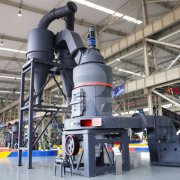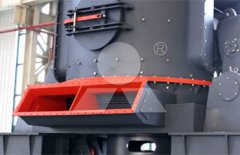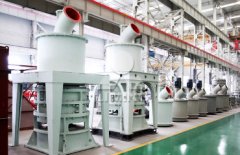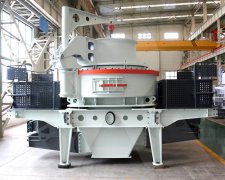Lead-zinc ore processing and production technology
Lead-zinc ore processing and production technology involves several stages, including mining, crushing, grinding, concentration, and smelting. Here is a brief overview of each stage:
Mining: Lead-zinc ore is typically mined underground using conventional methods such as drift and fill, cut and fill, or sub-level stoping. The ore is then transported to the surface for processing.
Crushing& milling: Mined lead-zinc ore first by Jaw crusher for initial crushing, and after fine crushing to a reasonable degree through by elevator and vibrating feeder evenly sent into ball mill, the ball mill for ore crushing and grinding. After ball mill grinding, the fine ore will sent into next process: classification. Spiral classifier is efficient re-election new equipment for sorting, spiral classifier with different proportion of solid particles precipitated in the liquid velocity different principles, the ore mixture was washed, grading. And then the mineral particles are fed into flotation machine, depending on the mineral characteristics with different drugs, the minerals and other substances to be separated.
Concentration: The lead-zinc ore is then concentrated using a variety of methods, including flotation, gravity separation, and magnetic separation. Flotation is the most commonly used method for concentrating lead-zinc ores, and it involves the use of chemicals to selectively separate the minerals from the ore.
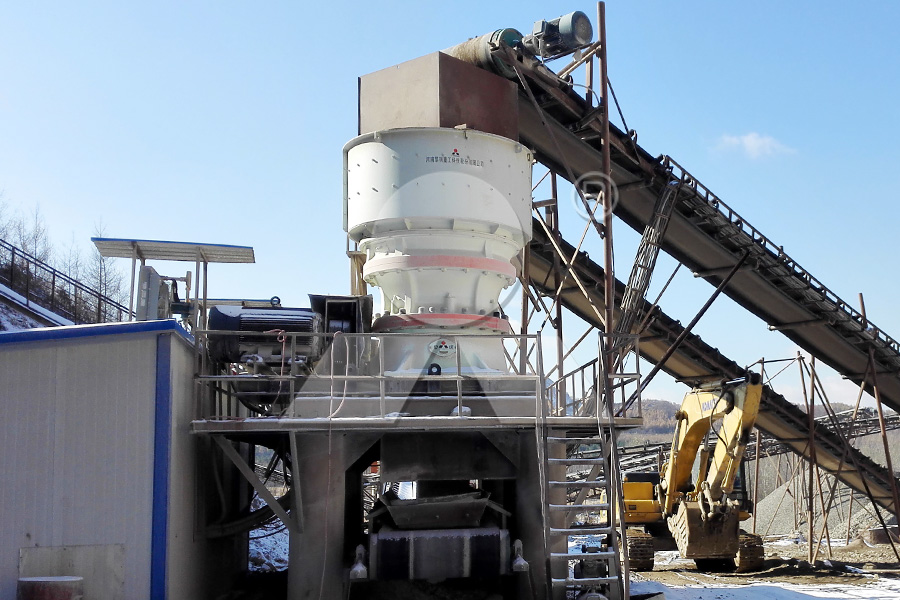
Smelting: Once the lead-zinc ore has been concentrated, it is then smelted to produce lead and zinc metals. Smelting involves heating the concentrate to a high temperature in a furnace and adding fluxes to remove impurities.
Application fields:
Battery Industry: Lead-acid batteries are widely used in automobiles, uninterruptible power supply (UPS) systems, and other applications. The lead from lead-zinc ore is a crucial component of the battery manufacturing process.
Construction Industry: Lead is used in construction materials, including roofing materials, plumbing, and flashing, due to its durability and resistance to corrosion. Zinc is also used in the construction industry for galvanizing steel and other metals to prevent corrosion.
Electrical and Electronics Industry: Zinc is used to make various electrical components, including connectors, switches, and fuses. It is also used in the production of electronic devices such as smartphones, laptops, and TVs.
Automotive Industry: Lead is used in the production of various automotive components, including batteries, wheel weights, and bearings.
Chemical Industry: Zinc is used in the chemical industry as a catalyst and as a component of various chemical compounds.
Healthcare Industry: Lead is used in X-ray shielding and protective clothing for healthcare workers.
Overall, lead-zinc ore processing plays a critical role in various industries and applications, making it an essential resource in today's modern world.
Related project

